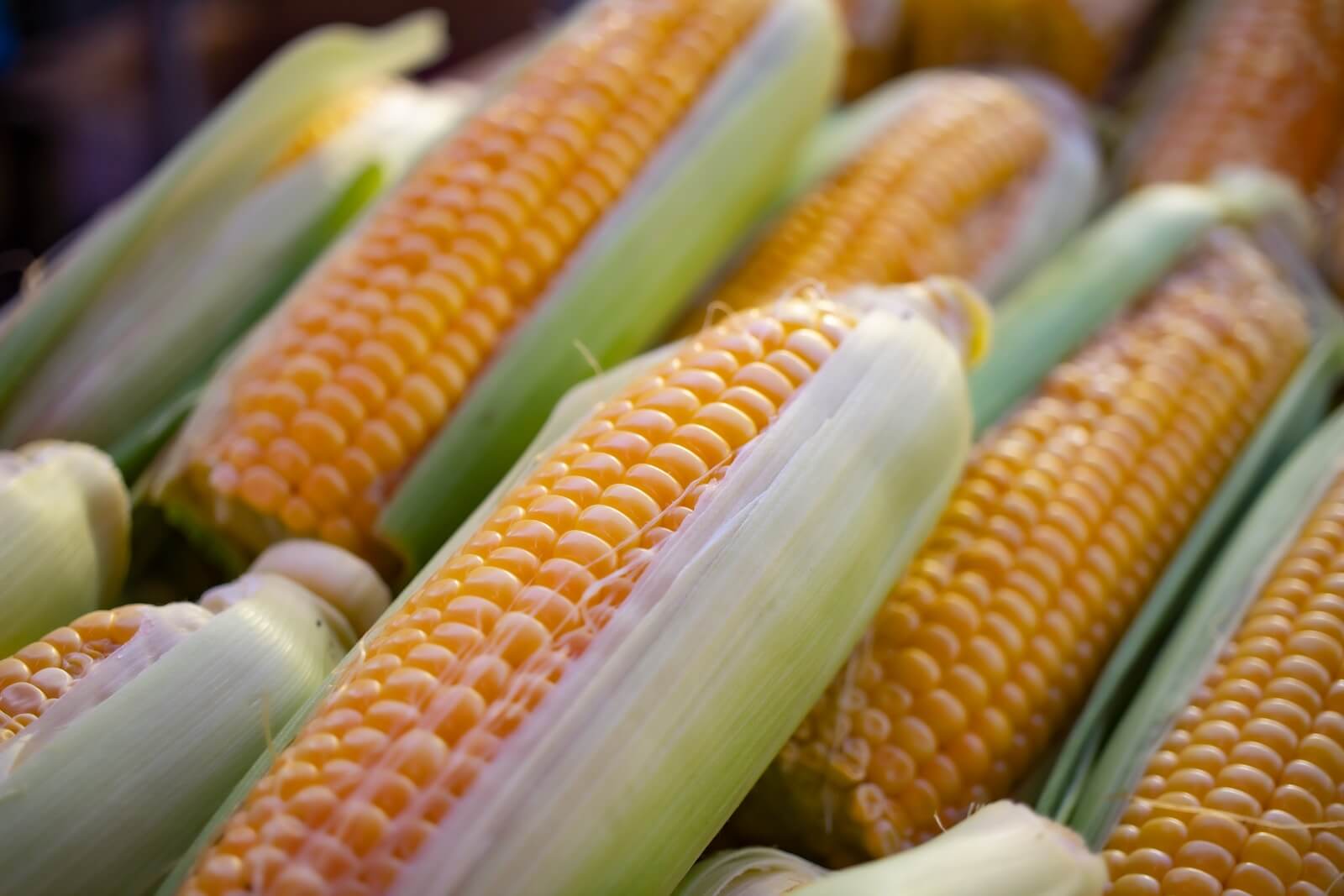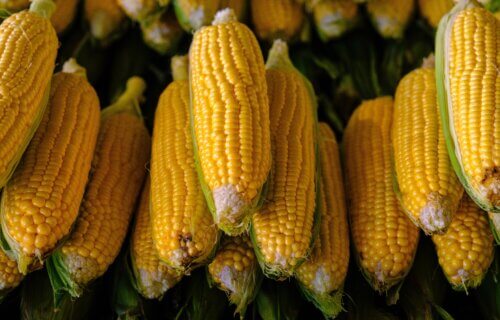Corn is one of the most commonly eaten plants in the United States. During the summer, people love getting some fresh corn and popping it on the grill. However, its health benefits have been debated for a few different reasons. There are a lot of misconceptions that float around about corn, so let’s dive into evidence-based reasons why you may or may not want to include it in your diet.
Is corn a vegetable?
Well, not really. It can be considered as a veggie, but you could also call it a grain, depending on certain factors. To put it simply: corn on the cob is considered a vegetable, while dry kernels used for popcorn are considered whole grain.
The varieties of corn you’re probably familiar with are yellow and white, but corn can also come in colors like red, purple, and blue. The food industry depends on corn in a lot of different ways, including as an ingredient in making popcorn, tortillas, chips, corn syrup, corn oil, and much more.
So, is corn healthy to eat?
Corn does have some health benefits, namely as it is high in fiber and contains a variety of vitamins and minerals, as most veggies and whole grains do. Corn is also high in carbohydrates, most of which are in the form of starch.
Many shy away from eating corn for this reason, but the fiber helps to digest the carbs slower and has less of an impact on blood sugar stability. Generally speaking, a cup of corn contains around 30 grams of carbs and roughly five grams of fiber. Corn also contains thiamine, magnesium, folate, vitamin C, potassium, and more. Additionally, corn is rich in lutein and zeaxanthin, two antioxidants that may help maintain healthy eyes.

Is there a downside to eating corn?
Have you ever seen corn come out of your stool fully intact and wondered if you even digested it? This is a common concern.
The outer shell of corn is made of cellulose, which is a very strong compound that can make it through digestion intact. However, the inside does break down and is able to provide the aforementioned nutrients.
Some people are concerned about the fact that most corn eaten in this country is genetically modified. Scientists make these alterations mainly to make corn resistant to insects and reduce the need to spray crops with pesticides. The first wave of genetically modified produce entered the market in the 1990s. As a result, some argue that it’s still too soon to say if there are any harmful long-term effects. So far, no evidence suggests that they are causing harmful diseases in humans.
Lastly, it’s often mentioned that corn has “too many” carbs. Since corn is a starchy vegetable, it does contain more carbs than a non-starchy vegetable like broccoli. However, it is rich in fiber, which helps to slow the absorption of carbs. Of course, if you have diabetes or insulin resistance, it’s important to be mindful of how many carbs you are eating, but it is not necessary to entirely avoid them. With that in mind, eating popcorn or chips with lots of added sugar or salt, or refined corn oils and syrups too often is not the same thing as eating whole corn or minimally processed popcorn and corn-based snacks.
Corn has a bad reputation because it’s a starch and higher in carbohydrates, but it also contains fiber and other vitamins and minerals that do get digested, despite what some might believe. There are also concerns about the fact that most corn sold in the U.S. is genetically modified, but currently, there isn’t sufficient evidence to say that this means it’s harmful to humans.
You might also be interested in:
- Best Ways To Cook Corn: Top 7 Methods Most Recommended By Experts
- Best Microwave Popcorn: Top 5 Brands Most Recommended By Experts
- For best brainpower, avoid snacking on foods with processed carbs
- Resistant starch supplement may help millions of Americans with NAFLD


This is interesting in that the most progress I have made with gut health and my gluten intolerance has come from identifying fermented foods in my diet and cutting out ones that will fermented while in my body. My doctor recommended a low FODMAP diet and it has been life changing.